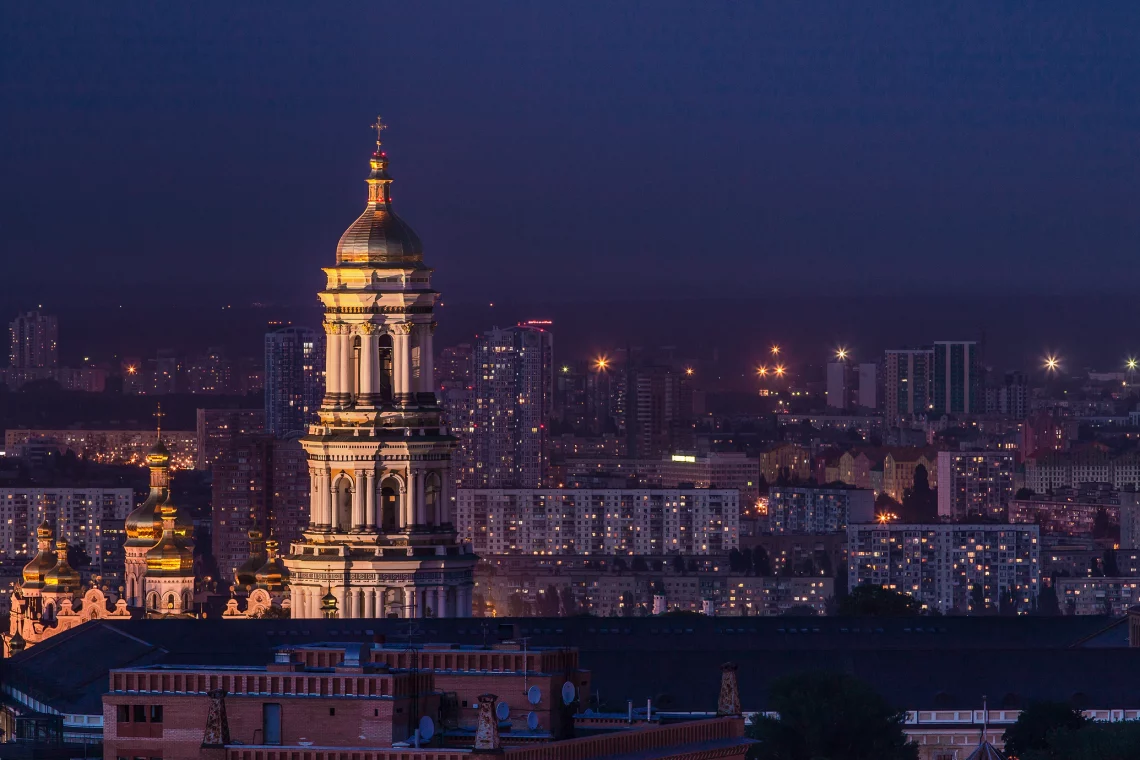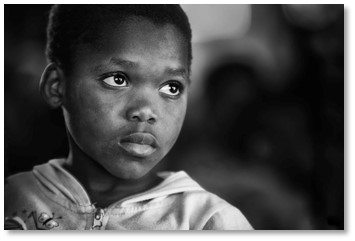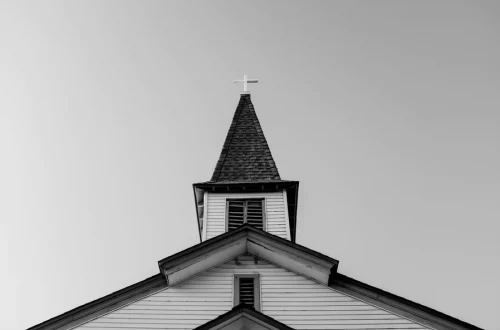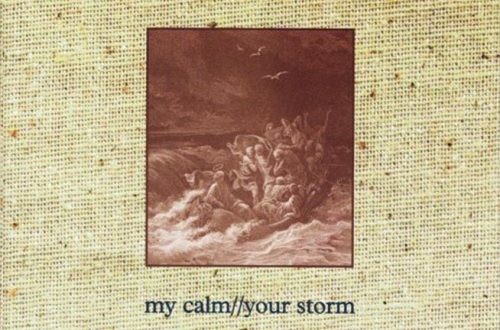I am not a foreign policy expert. I am, however, just as concerned as anyone about the calamity unfolding in Ukraine. Since the invasion began last night, I have been listening to foreign policy experts compare Russia’s invasion of Ukraine to Germany’s invasion of Poland in 1939. Whether that comparison is apt, I leave to the experts to sort out. But it is more than disconcerting that a major European power has violated the territorial sovereignty of another European nation. Anyone who doesn’t see the possibility of other dominoes falling isn’t being realistic in my view. By any measure, this invasion is a world emergency that may portend a wider conflict in Europe and beyond.
The invasion raises questions that I don’t have answers to. In particular, what are Putin’s aims in Ukraine and beyond. Is he going to test post-cold war security arrangements in Eastern Europe? Will he test NATO directly? Zoe Strimpel sums up my concerns here:
When Putin announced that the war was starting in a televised address Thursday, he emphasized that any countries that interfered would face “consequences they have never seen.”
The question is: Will anyone test that threat? Will anyone interfere?
The Latvians, the Lithuanians, the Estonians—they’re wondering: What happens if Russian troops steamroll over us, too? If one of those countries was invaded by the Russians, it would, no doubt, invoke Article Five of the NATO treaty, which would compel all other NATO members, including the United States, to come to their defense. But would they? Or would they retreat and cower? Would they say what so many myopic and inward-looking voices have been saying for years: The Soviet Union is dead. Or, Putin just wants to control his sphere of influence, just as we do ours. Or, Who needs NATO?
What about China? The Chinese are watching the showdown between Russia and Ukraine, and they are thinking, If the Americans won’t defend Kiev, will they defend Taiwan? Will they?
“What we do now, these days, is we don’t project power and strength,” Gen. McMaster said. “What we are really good at these days is projecting weakness. We will only do something militarily after you invade.”
And this is my real concern. Is the West prepared to defend the West? Does the United States in particular have the fortitude and resolve to lead out in such an effort? There is no one else to lead in this defense. If America doesn’t show up, chances are that no one will. Will America stand if NATO is threatened?
And that leads me to another more fundamental concern. Americans do seem to have forgotten who we are. Indeed, we seem to be warring against who we are. Some of the most dominant voices in American culture have been making the case that the United States has not been a force for good in the world but a force of oppression and evil. The liberal tradition of our nation is nothing more than a pretext for oppression and abuse of marginalized peoples. Our moral failures undermine any claim that we might have to leadership in the world. At least that is how one decadent stream of current opinion has it.
My concern is the same as Strimple’s. America is afraid of war, and Putin knows it.
The United States seems to have forgotten the point of waging, or threatening to wage, war. Peace is earned through strength. We can’t ask for it. We can’t talk our way into it. We can’t simply impose (or lift) sanctions. We have to achieve it by threatening—credibly—to pummel into oblivion anyone who gets in the way.
Putin is not afraid of our President. He’s not afraid of our Vice-President. He’s not afraid of cancel-mobs on Twitter. He’s not afraid of petty American wokesters. He’s not afraid of militant feminists. He’s not afraid of pride parades. He’s not afraid of isolationists on Fox News. In short, he’s not afraid of the image that America projects of itself to the world. That image is rife with decadence and weakness, and weakness invites the Putins of the world to do their thing.
My colleague Colin Smothers wrote this earlier today:
Carthage has risen. The time for softness and decadence is long gone. Now is the time for virtue, courage, and discipline as we train for godliness and renounce worldliness. And pray.
Do we have the virtue, courage, and discipline required for this moment? As far as I’m concerned, that is the biggest question of all.
This morning I’ve been thinking about a column that Peggy Noonan wrote over twenty years ago in the immediate aftermath of the 9-11 attacks. It is a column that I’m sure many Americans would look at now in amazement and wonder how anyone could publish such a thing in a major American newspaper. But I think we would all do well to return to it. She writes:
Manliness wins wars… I was there in America, as a child, when John Wayne was a hero, and a symbol of American manliness. He was strong, and silent. And I was there in America when they killed John Wayne by a thousand cuts. A lot of people killed him–not only feminists but peaceniks, leftists, intellectuals, others. You could even say it was Woody Allen who did it, through laughter and an endearing admission of his own nervousness and fear. He made nervousness and fearfulness the admired style. He made not being able to deck the shark, but doing the funniest commentary on not decking the shark, seem . . . cool.
But when we killed John Wayne, you know who we were left with. We were left with John Wayne’s friendly-antagonist sidekick in the old John Ford movies, Barry Fitzgerald. The small, nervous, gossiping neighborhood commentator Barry Fitzgerald, who wanted to talk about everything and do nothing.
This was not progress. It was not improvement.
I missed John Wayne.
Peggy Noonan celebrates and admires the return of “John Wayne” in the aftermath of the 9-11 attacks. By that, she means the return of manly virtues and character that are required to prevail in such conflicts. Do we as a people have the character today that she celebrated then? The character that defeated the Nazis and won the Cold War?
To me those are the biggest questions, and I don’t know the answers to them.






